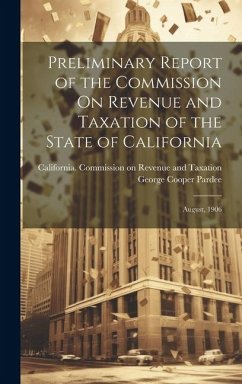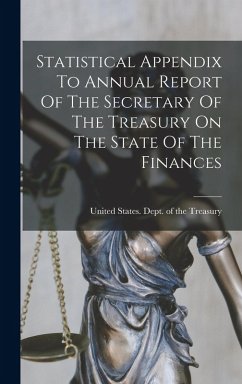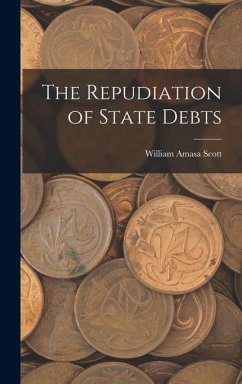
The State Of The Public Debts And Finances At Signing The Preliminary Articles Of Peace In January 1783
Versandkostenfrei!
Versandfertig in über 4 Wochen
25,99 €
inkl. MwSt.
Weitere Ausgaben:

PAYBACK Punkte
13 °P sammeln!
"The State Of The Public Debts And Finances At Signing The Preliminary Articles Of Peace In January 1783" by Richard Price offers a crucial snapshot of Great Britain's economic condition following the American Revolutionary War. In this treatise, Price meticulously examines the nation's financial standing, grappling with the implications of the war's expenses and the burgeoning public debt. Price doesn't merely diagnose the problem; he also proposes a detailed plan for raising money through public loans, aiming to stabilize and rejuvenate the British economy. His insights into public finance a...
"The State Of The Public Debts And Finances At Signing The Preliminary Articles Of Peace In January 1783" by Richard Price offers a crucial snapshot of Great Britain's economic condition following the American Revolutionary War. In this treatise, Price meticulously examines the nation's financial standing, grappling with the implications of the war's expenses and the burgeoning public debt. Price doesn't merely diagnose the problem; he also proposes a detailed plan for raising money through public loans, aiming to stabilize and rejuvenate the British economy. His insights into public finance and economic policy provide valuable context for understanding the challenges faced by governments in times of peace after periods of extensive conflict. This work remains relevant for economists, historians, and anyone interested in the intersection of politics and economics during a pivotal era in British history. This work has been selected by scholars as being culturally important, and is part of the knowledge base of civilization as we know it. This work was reproduced from the original artifact, and remains as true to the original work as possible. Therefore, you will see the original copyright references, library stamps (as most of these works have been housed in our most important libraries around the world), and other notations in the work. This work is in the public domain in the United States of America, and possibly other nations. Within the United States, you may freely copy and distribute this work, as no entity (individual or corporate) has a copyright on the body of the work. As a reproduction of a historical artifact, this work may contain missing or blurred pages, poor pictures, errant marks, etc. Scholars believe, and we concur, that this work is important enough to be preserved, reproduced, and made generally available to the public. We appreciate your support of the preservation process, and thank you for being an important part of keeping this knowledge alive and relevant.












